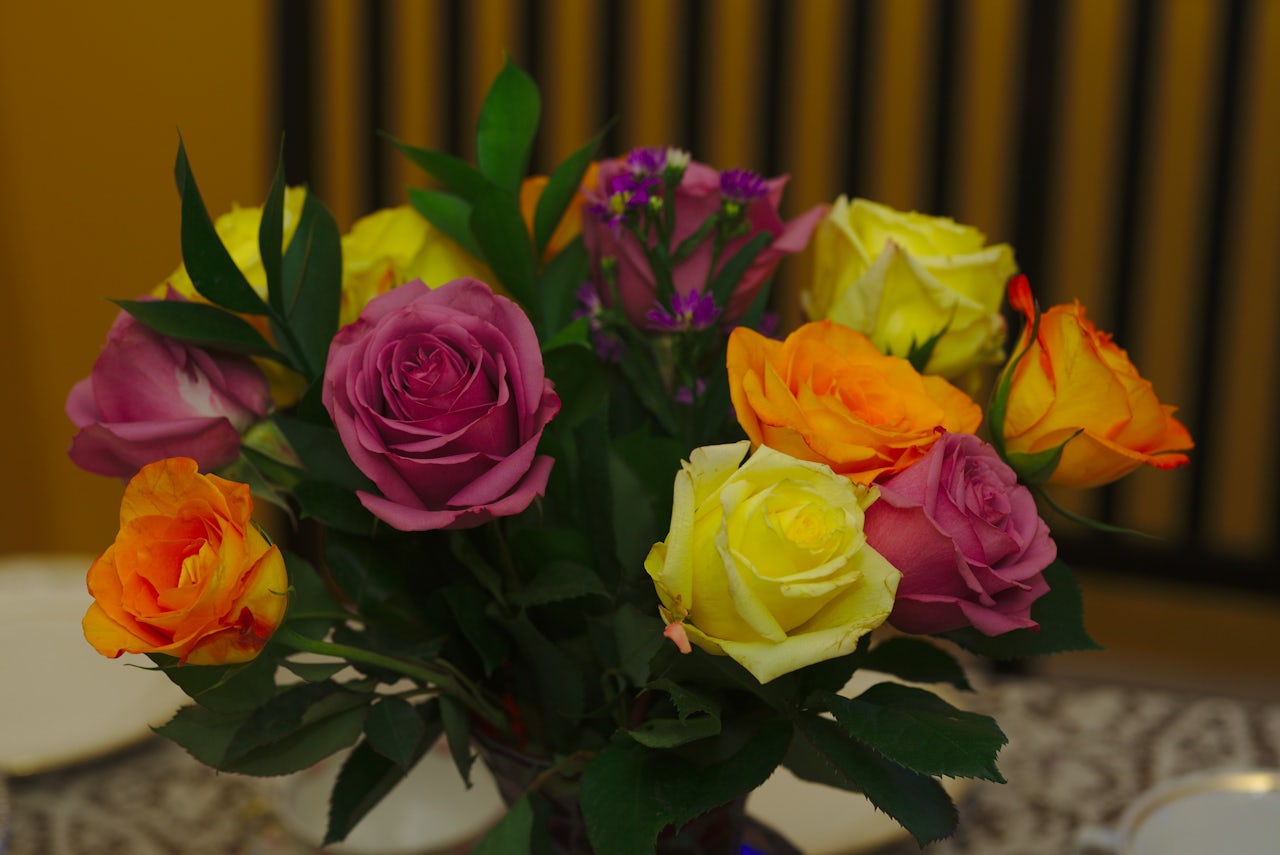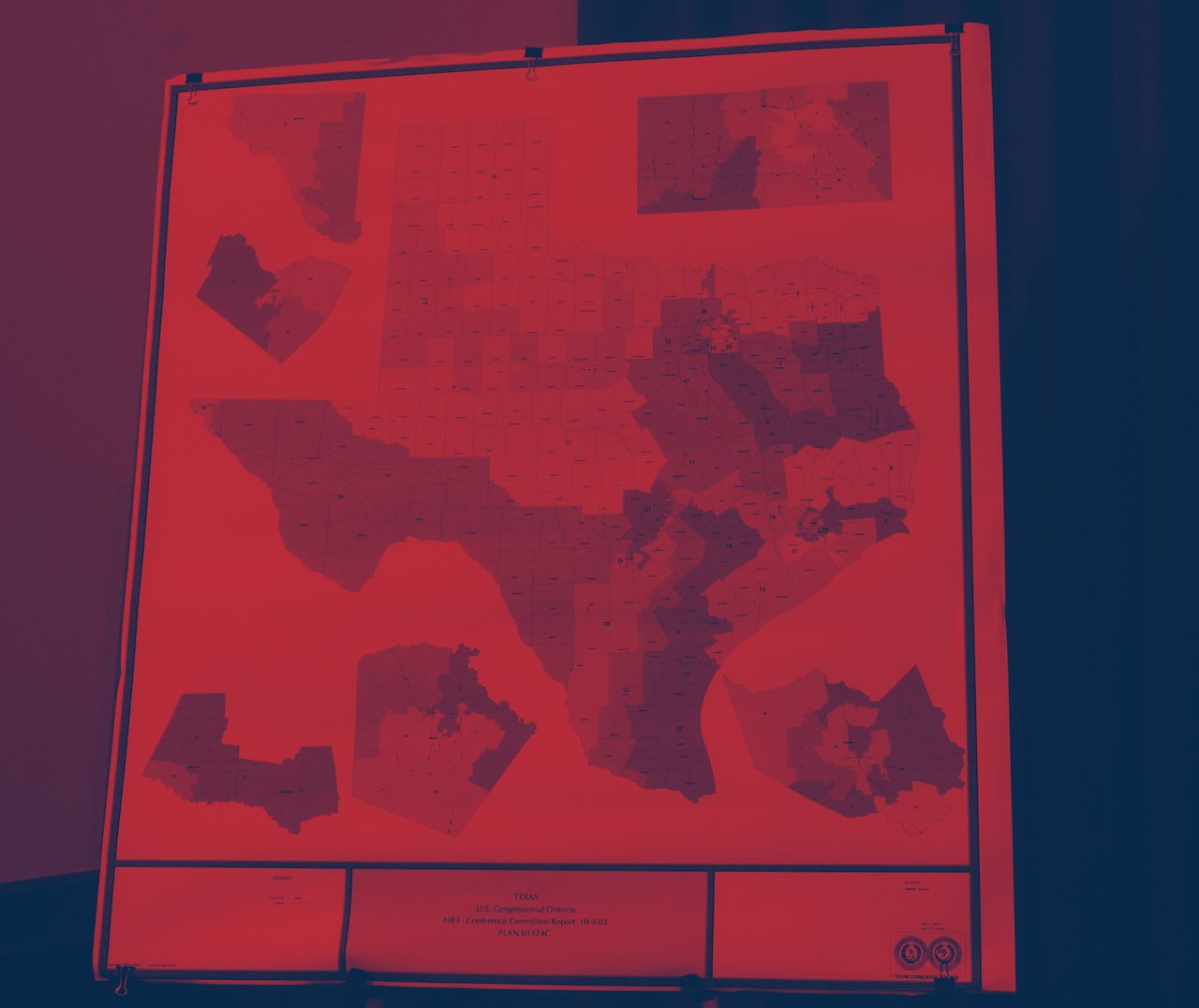A unanimous ruling was handed down today by a nine-member Supreme Court in the state of Washington, stating that a florist who refused to sell flowers to a gay couple for their wedding is guilty of discrimination. The case has been highly publicized and closely watched by the media, religious groups, and civil rights advocates.
The case stems from a 2013 incident in Richland, Washington, when Robert Ingersoll and Curt Freed tried to buy flowers from Arlene’s Flowers, owned by Barronelle Stutzman. Although the couple knew Ms. Stutzman, who had sold them flowers for years, she said her Christian faith “created a line she wouldn’t cross,” which prevented her from selling wedding flowers to a gay couple, because she believed that marriage should be between a man and a woman.
Stutzman, the court writes, “defended [herself] on the grounds that the WLAD and CPA do not apply to her conduct and that, if they do, those statutes violate her state and federal constitutional rights to free speech, free exercise, and free association.” The court disagreed, writing, “Public accommodations laws do not simply guarantee access to goods or services. Instead, they serve a broader societal purpose: eradicating barriers to the equal treatment of all citizens.”
A lawyer for Ms. Stutzman said that she will appeal the decision to the United States Supreme Court.

